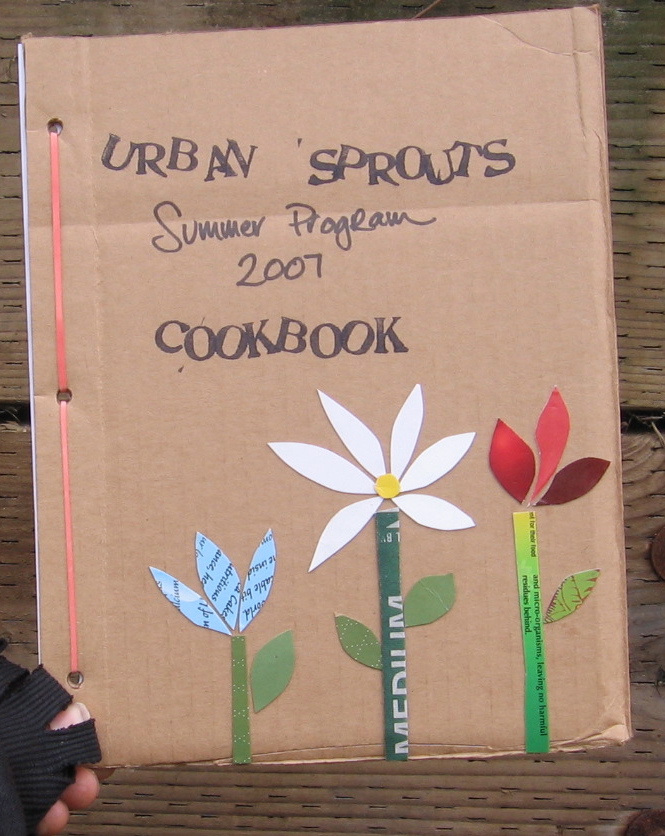By cultivating school gardens in San Francisco’s under-served neighborhoods, Urban Sprouts partners with youth and their families to build eco-literacy, equity, wellness, and community.
Our gardens help students become more engaged in school and connect with food, the environment and each other. Our activities include:
- School gardens and nutrition education: This year we’ll reach over 750 middle and high school students at seven schools: Aptos Middle School, International Studies Academy, June Jordan School for Equity, Martin Luther King, Jr. Middle School, SF Community School, Ida B. Wells Continuation High School, and Log Cabin Ranch (part of San Francisco’s juvenile justice program).
- Farmers in Residence program: The Farmers in Residence program involves school parents in the school garden and supports them to grow their own food. Each family in the program tends a garden plot and receives materials, training, and a modest stipend.
- Urban Sprouts & Garden for the Environment Summer Program: Since 2006, Urban Sprouts has partnered with Garden for the Environment to provide an intensive summer gardening and leadership program for youth.
- The Garden-Based Education Model and Training Initiative: Since our beginning, Urban Sprouts has used a research-tested and theory-based model to guide all our programs. In 2009, we’ll share our methods and research results throughout California and the West through training, coaching, and web-based tools.
View Larger Map
History
Urban Sprouts grew out of a doctoral thesis project conducted at Luther Burbank Middle School during the 2003-04 school year. At the end of the study, teachers asked the research team to stay on and help make the school garden a sustained program at the core of the school’s curriculum. In our first year, 100 youth worked in the school garden, and we have since expanded to support school garden programs at six middle and high schools. Since 2003, over 3,100 youth have benefited from hands-on garden learning by growing, harvesting and eating their own vegetables.
From the beginning, we've seen that family involvement is key to improving youth health and ecoliteracy. While youth in our garden-based education programs now want to eat more fruits and vegetables, without access to fresh produce at school and at home, our work was incomplete. In 2005 we began developing strategies to draw families into our school garden work, to engage families in strengthening their children's schools, and to partner with families to change the food environment at school, in our neighborhoods, and at home. In 2009, we kicked off our Farmers-in-Residence program, to involve school families in the school garden and enable them to grow their own food right at school. We also continue to support efforts to make school meals healthier, fresher, and more sustainably-grown.
Garden-based Education Model
To provide high-quality garden-based education, Urban Sprouts bases all programming on a research-tested and behavior-driven model that includes these elements:
- We help youth go beyond knowledge and attitudes to affect youth behaviors of nutrition, physical activity, and environmental responsibility;
- We provide an adequate number of hours of experience to impact behaviors;
- We engage students in the entire process of growing food from seed to harvest to table;
- We build a collaboration of students, teachers, administrators, staff, and parents to improve student health through community involvement and community-wide events;
- We evaluate and reflect on our work as an organization and with schools to continually improve our programs and show our results.
For more about the theory and details of the Program Model, click here.
Our Funders:









No comments:
Post a Comment